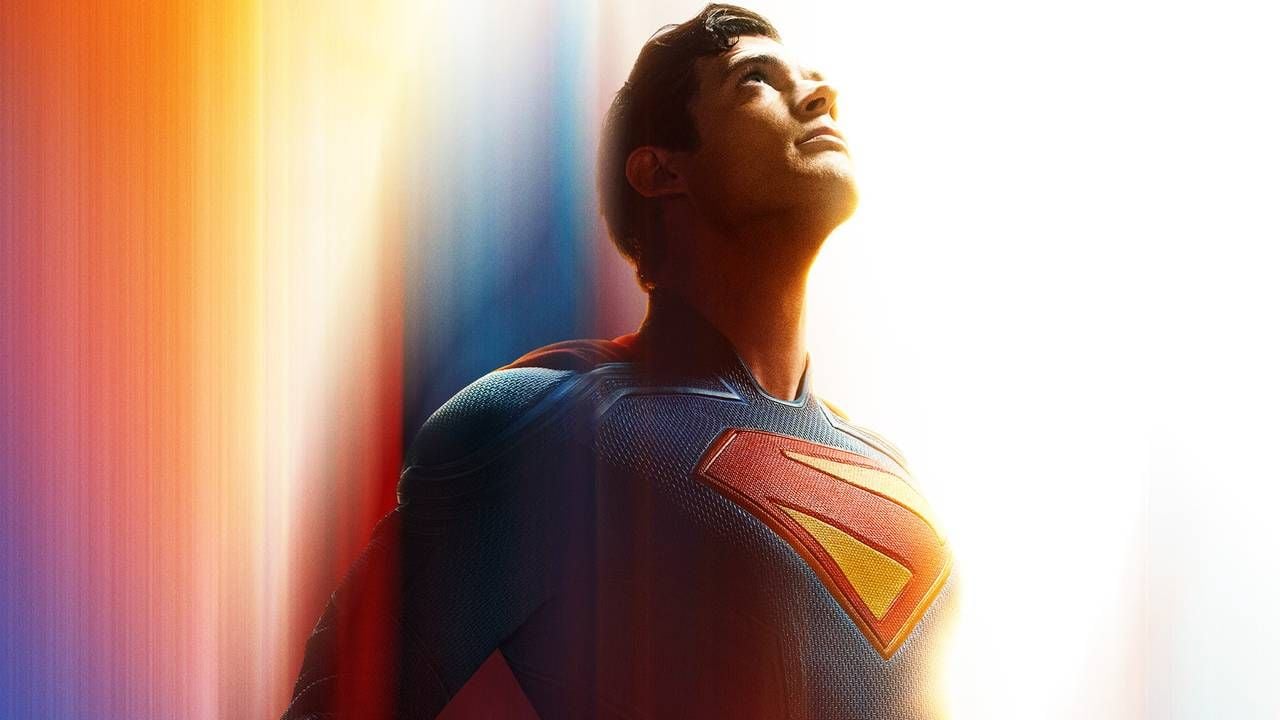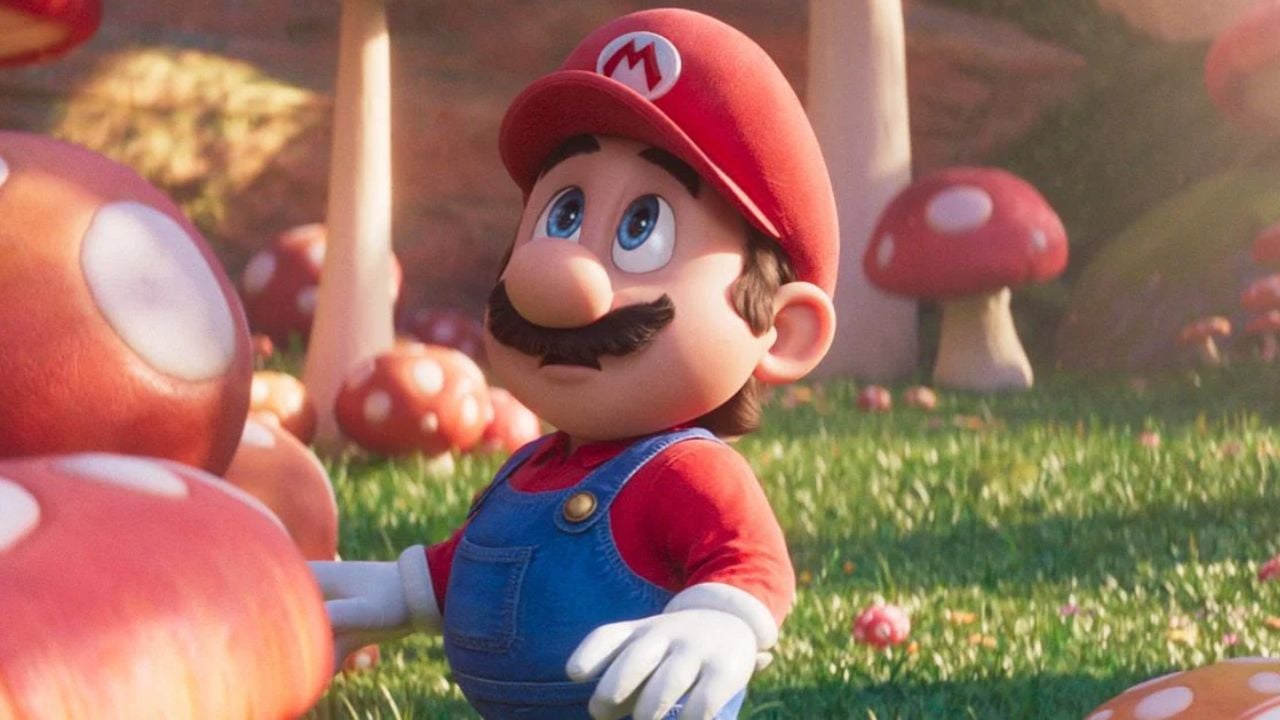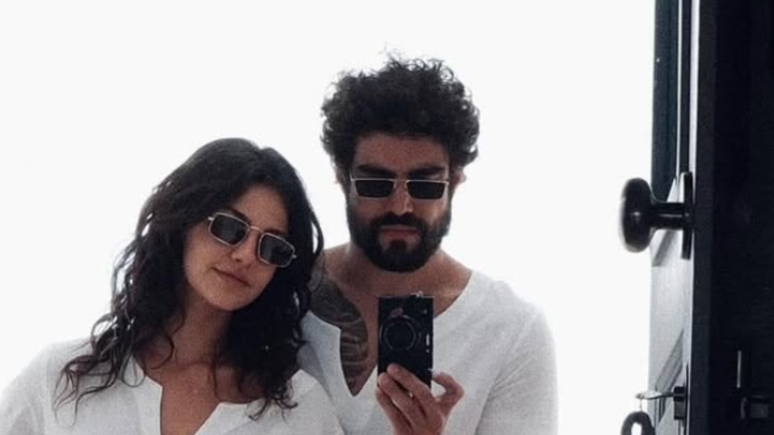Evil in its purest form.
Next, spoilers for ‘Guardians of the Galaxy Vol. 3’
There is nothing more chilling than hearing these words from the High Evolutionary by Chukwudi Iwuji: “God does not exist… That is why I intervened”.
Iwuji’s Shakespearean speech in ‘Guardians of the Galaxy Vol. 3’ exudes such seriousness and authority that it’s hard not to place him among the best Marvel villainsalthough it’s fair to say that this universe has had mixed luck in that regard.
In its beginnings, the franchise was accused of producing generic villains and formulaic (for example, Malekith in ‘Thor: The dark world’). But over the years, there has been a clear push to capture something significant. He Thanos by Josh Brolin, the killmonger of Michael B. Jordan and the Namor de Tenoch Huerta are remarkable attempts by Marvel to present their villains through an empathetic lens: you may not agree with their actions, but they possess a relatable mindset.
Although Marvel’s Phase 5 is still in its infancy, there’s a chance Kang could follow this path with his alternate versions in the multiverse. However, given lRecent assault allegations by Jonathan Majors, it is not clear what does it hold the future to Kang.
This brings us back to High Evolutionary which, worth the pun, represents an “evolution” for the UCM and also one of the great successes of ‘Guardians of the Galaxy 3’.
Gunn’s magnum opus puts a wild spin on the steer clear of recent Marvel villainous conventions. While traditional villains may try to take over the universe or come up with compelling arguments to right past wrongs, Gunn’s story offers no empathetic edge.
The High Evolutionary is pure evilsimple as that.
the alien geneticist Just search one thing: The perfection, a society liberated from its unique ills and turned into the dreamed utopia, whatever the cost. As the corporate owner of Orgocorp, his creations are his intellectual property and exerts its cruelty with a God-like sense of entitlement.
He installed a kill switch on Rocket to make sure no one tampered with his creation. He also created several galactic races, including the Sovereign, and despite his own belief in his superiority, all the High Evolutionary needs to show how far below him they are is a simple box of apples, which he uses to feign more height. than Elizabeth Debicki’s Ayesha.
It’s the little details that elevate the most heartbreaking moments of ‘Guardians of the Galaxy 3’, in which we see the scope of that power. Through a series of flashbacks, we see young Rocket separated from his litter of newborn raccoons and given mechanical enhancements to his body.

In captivity, befriends Lylla, Teeth and Soil, displaying similar signs of grotesque experimentation, be it Lylla’s mechanical arms or Suelo’s spidery legs. They are sold the promise of a new life, but they are lied to. Except Rocket (who ends up escaping), his friends suffer the consequences and are killed.
Cruelty to animals is one of the main topics of conversation from Gunn’s script, an awareness that is not only faithful to the comic, but a constant fight which has become painfully real with the UK Government’s recent decision to resume animal testing of cosmetics after a 25-year ban.
But the third volume’s narrative plunges further into obscurity. The High Evolutionary -as a figure- represents all those countless acts and atrocities committed in the name of the “greater good”.
Rocket’s code number, 89P13, is a dehumanizing tactic aimed at removing identity and personality that bears an unsettling similarity to the way Jews were referenced and cataloged during the Holocaust.

In the final act of the film, Drax, Mantis, and Nebula encounter the High Evolutionary’s latest experiment: children imprisoned in cagesa scandal national campaign carried out during the presidential heyday of Trump.
And if Gunn’s script wasn’t subtle enough with that point-blank analogy, how about a commentary on the immigration crisis? With the High Evolutionary’s plan gone awry, the Guardians mount a daring rescue for the captive children and animals by giving them a home on Wisdom.
The effectiveness of ‘Guardians of the Galaxy 3’ is the result of a villain lacking in feeling and compassionwhich serves as a counterpoint to the emotional (and sometimes comedic) decision-making of the Guardians themselves.
Such is the level of arrogance and hatred towards life that starting a chain reaction that destroys Counter-Earth “because it can” is a terrifying reality. Gunn states that there are no limits, and if there are no limits, then anyone is expendable to the High Evolutionary’s “scientific” wrath.

In the end it turns out to be a worthy adversary for the Guardians. Call it the reassessment of life after weathering the storm of the pandemic (and all that came after), but it supposes a rewarding finishing touch for Vol. 3.
Chukwudi Iwuji’s magnetic interpretation shows an irredeemable villain, a person we love to hate. Gunn’s film builds on that knowledge, rather than looking for answers, excuses, or another point of view.
The heart and soul of the film, which celebrates our flaws and how we find our “tribe” in our communities and family, is his endearing faith in his people. The selfless camaraderie of the Guardians throughout the trilogy is a great reminder of the qualities that make us who we are.
And when this gang of intergalactic misfits say their final goodbyes, it’s a sentiment the world needs.
Source: Fotogramas
Rose James is a Gossipify movie and series reviewer known for her in-depth analysis and unique perspective on the latest releases. With a background in film studies, she provides engaging and informative reviews, and keeps readers up to date with industry trends and emerging talents.







